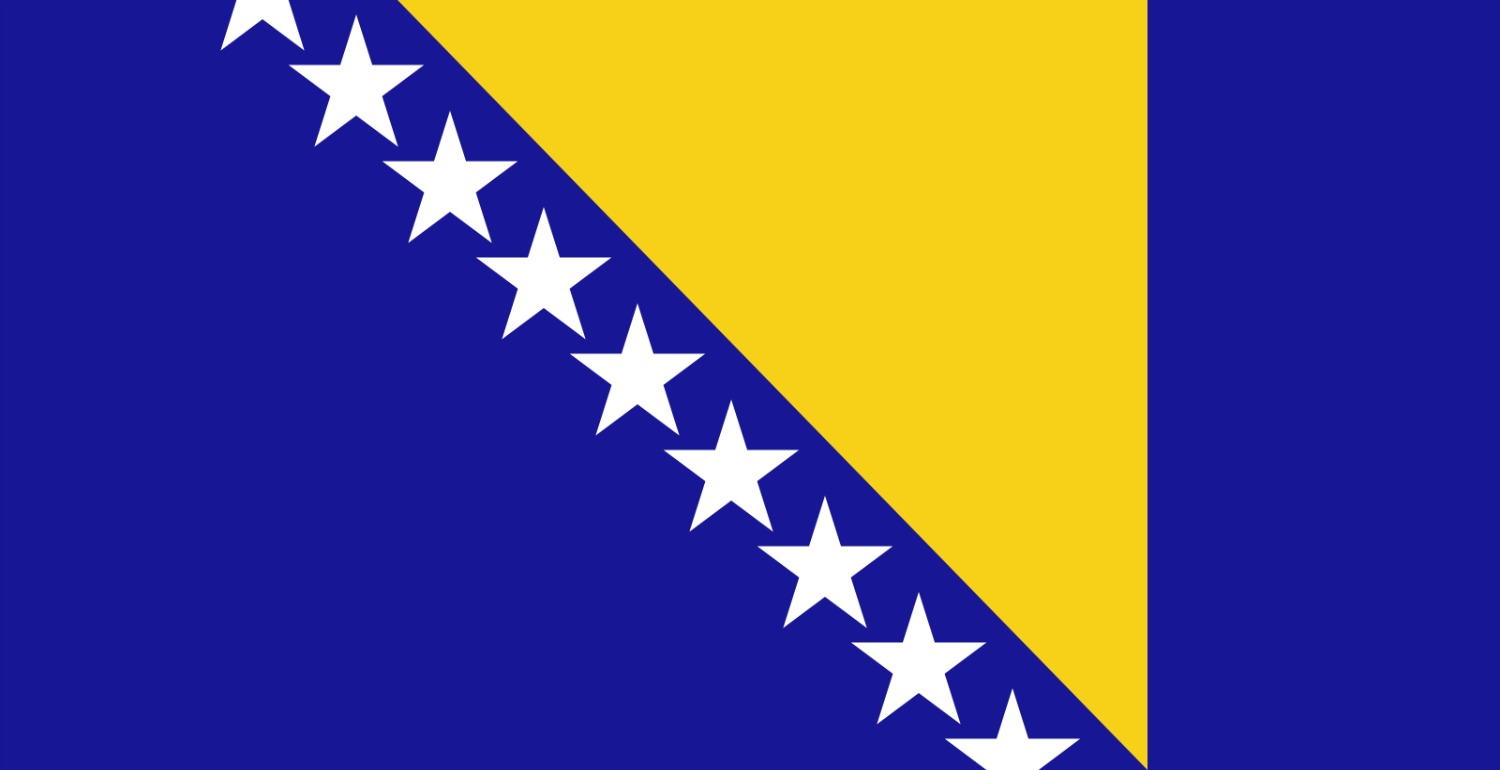By Cliff Bond, Senior Advisor
(Note: The author, a member of the Helsinki Commission staff, was made available to the international community’s High Representative in Bosnia and Herzegovina to serve as an envoy on issues relating to Srebrenica. This article reports on his experiences and his thoughts about the future of this community.)
As I conclude my one-year mandate as Envoy in Srebrenica, I wanted to share some thoughts about this community and Bosnia’s future. The commemoration of the thirteenth anniversary of the Srebrenica genocide on July 11 was marked by a solemn ceremony and the burial of more than three hundred victims at the Srebrenica-Potocari Cemetery and Memorial Center. The remains of these victims had recently been identified through DNA-testing by the International Commission on Missing Persons.
That ceremony and the continued search to find and identify the victims of genocide underscore the importance of the local and international authorities working constructively together to provide support to Srebrenica. The end of my mandate is not the end of international engagement there. The Office of the High Representative and the American Embassy in particular will remain active on the ground. Much more needs to be done, but I believe over the past year Srebrenica has begun to move in a positive direction.
Of course, Srebrenica will remain a sensitive and potent factor in the political life of Bosnia and Herzegovina. Political leaders acted wisely in early May to adopt a one-time amendment of the election law so as to permit Srebrenica’s pre-war residents to vote in the municipality at the October local elections. Because of changes in voter registration procedures many former residents, who now live outside the community, would not have been able to cast an absentee ballot. This would have assured a victory and control in the municipality to Bosnian Serb parties. This is an outcome that many saw as an unacceptable confirmation of the war-time policies of ethnic cleansing and genocide. The change in the election law is an appropriate step; it empowers Srebrenica’s survivors, and rightly so. Political parties must now respond by nominating competent candidates for municipal office – people who can work to unite Srebrenica’s citizens.
Amending the election law is not in itself a long-term solution to the political challenges facing Srebrenica, nor does it create enduring conditions for Serbs and Bosniaks to feel that they have a common future in this municipality. One idea that has been discussed by local authorities is a change in the municipal statute – not to give Srebrenica “special legal status” outside the Republika Srpska (RS), but to introduce procedures for consensus decision-making in the work of the municipal assembly. This can be done in ways that conform to existing law. While such a change may be difficult to adopt during an election period, it deserves further consideration.
Srebrenica’s problems can only be addressed on the basis of dialogue; they cannot be addressed through confrontation. In an important step, local community leaders, with the support of the RS government, have been discussing the establishment of a Dialogue Center in Srebrenica. Such a Center could serve as a permanent, independent forum for inter-ethnic communication and attempts at reconciliation. The idea should receive international support. Srebrenica’s authorities are currently searching for an NGO that can assist them in developing a concept and strategy for establishing the Center.
Last September the state-level Council of Ministers approved an $8.3 million package of infrastructure and other support for the municipality. Unfortunately, there were delays in its implementation. These were related to the limited capabilities of the municipality to carry out project design and other required technical procedures on these projects. The package is finally being realized. As these difficulties are overcome and as these monies are spent effectively, there is a prospect of further funding by the Council of Ministers. The RS and the Federation, the two sub-entities recognized in the Dayton Peace Accords, are also considering additional investment in the community.
Srebrenica’s future can best be secured through economic development. International donors must continue to coordinate their assistance efforts and ensure that these programs have a visible impact that addresses the community’s priorities. The key to creating more economic opportunity in Srebrenica is private investment and job creation. I am happy to report that USAID has appointed a full-time business consultant, resident in Srebrenica, who will work with the municipality to promote new business and follow up on the Investment Conference that was organized last November for the municipality.
Developing the region’s natural resources, particularly the mineral waters of the Crni Guber Spa, and promoting cross border trade in agriculture should be priorities. This is why we are working to open a border crossing at Skelani on the Drina River for seasonal trade in agricultural goods. This would make Srebrenica a bridge to wider economic cooperation with Serbia and the Balkans.
Srebrenica’s future also depends on the provision of justice. The apprehension of Radovan Karadzic by Serb authorities earlier this week is an important step. Hopefully, he will be rendered to the Hague Tribunal in the very near future. The delay in his capture and the failure of local and regional authorities to apprehend other indicted war criminals, such as Ratko Mladic, and the late start in investigating persons on the so-called “Srebrenica List,” a purported list of RS police and military officials present in Srebrenica in July 1995, will continue to hamper efforts at reconciliation in Bosnia and throughout the region. This is why the Peace Implementation Council, the body supervising implementation of the Dayton Accords, has insisted that Bosnia at last develop an effective National War Crimes Strategy that sets clear standards and priorities for investigating and prosecuting war crimes. We, both local and international authorities, have common responsibility to accomplish these steps as quickly as possible. Together we can help the residents of Srebrenica confront the past and in doing so help them to embrace the future.






